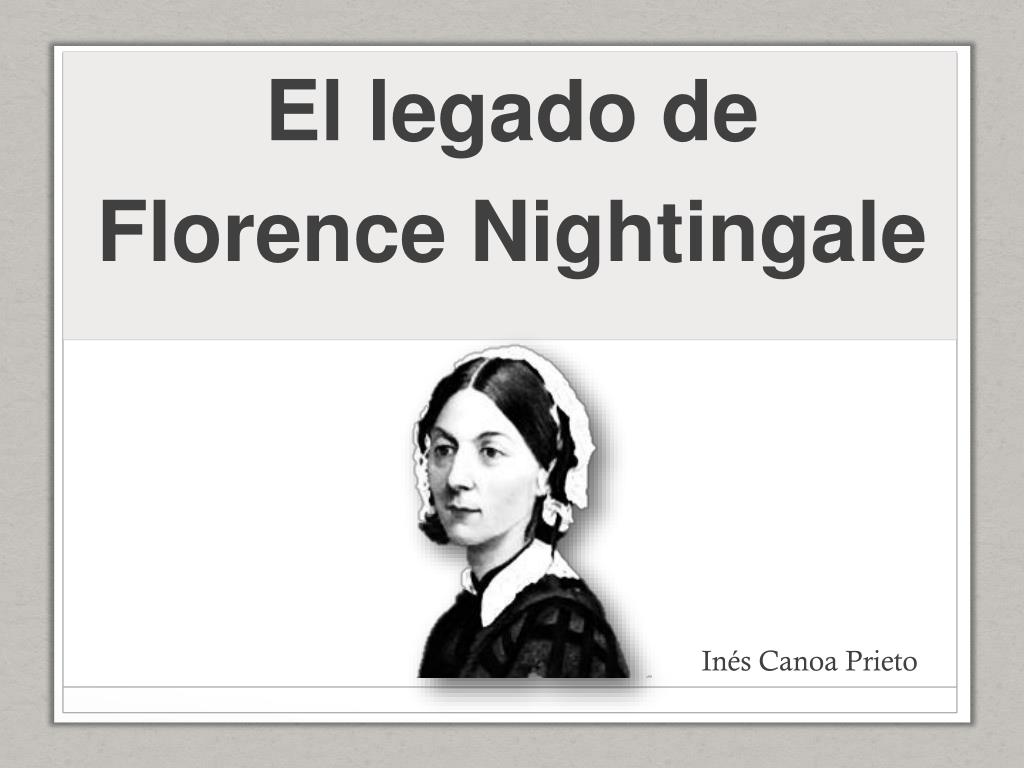

It’s a gamble and the idea is that you are rewarded with their love and loyalty, plus on top of this, there is either the quiet, or even not so quiet expectation, that in exchange for your ‘love’ and bringing ‘so much’ to their lives, that they change to show how much they love you. The whole premise of being a Florence Nightingale means that the relationship only ‘works’ for you if you are needed and are fixing, healing, helping. In fact, I know some women who are the relationship version of ‘ambulance chasers’, picking up every waif and stray of the dating world, and like an architect, builder, and interior designer combined, stripping the man down to bare basics, and remodelling him mentally and then setting to work through actions and verbal.įlorence Nightingales are buffers, fluffers, gap fillers, nurses and human airbags and so in order for you to fulfil your role and feel that you have a purpose, there needs to be what you perceive to be a gap, a gaping hole, or an outright wreckage.

What other people with healthier love habits would see as sympathy, pity, and in some circumstances empathy, they see it as an opportunity to rescue. Suddenly, someone who five minutes before they’d been pondering whether they were wasting their time, or composing a way to let them down gently, sits up and pays attention. I have come across so many women who were ambivalent or flat out uninterested in a guy until they determined that he was ‘broken’ or that in their eyes, there was something to pity. Note that the person hasn’t likely said that they need them Florence Nightingales decide that they need them and imagine the ways that they can change this person. Many Florence Nightingales make the decision to be interested/invested and the decision to ‘love and stay’ when they get that ‘bingo’ signal that the person ‘needs’ them. You see, if you can only be with someone on the basis that you perceive them to ‘need’ you and that you then get the opportunity to fix/heal/help them, it creates a very unhealthy balance and dynamic in the relationship. Some people will say ‘What’s wrong with wanting to fix/heal/help someone?’ Er…plenty! Now I want to stress, I’m not suggesting that people should not ‘help’ people that they love and care about, but just like when overgiving and ‘overhelping’ can cross boundaries with friends, family, and even colleagues, it’s even worse in a relationship. Often without any ‘malice’ intended, this style of ‘loving’ stems from her own unresolved pain and misguided ideas about what loving someone involves. She needs to be needed and it gives her a sense of control, plus being with someone who in their eyes has issues or is ‘broken’ proves to be the perfect foil to hide behind with her own issues.

A couple of days ago I wrote about Florence Nightingale, the woman who chooses her relationships based on the opportunity to fix/heal/help.


 0 kommentar(er)
0 kommentar(er)
